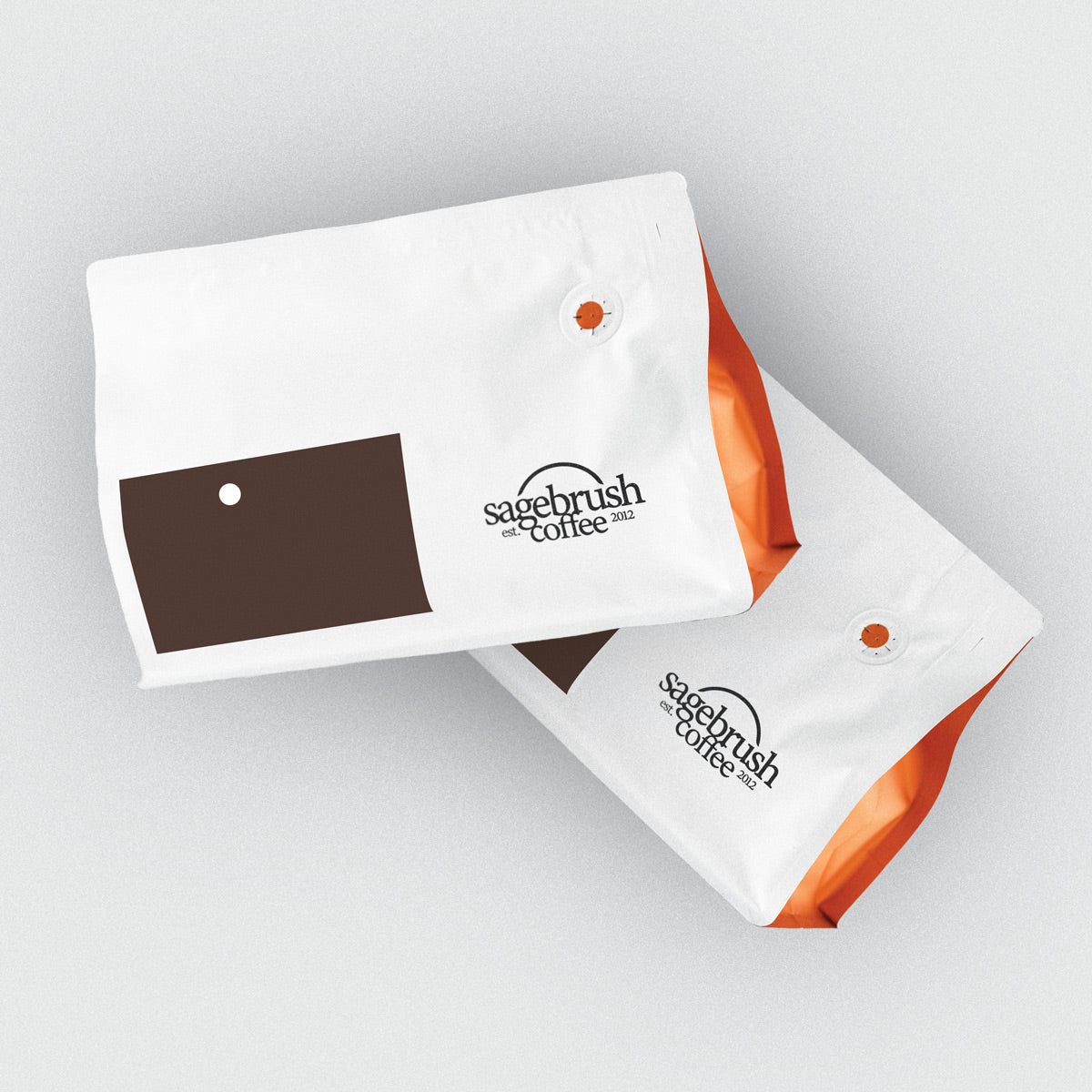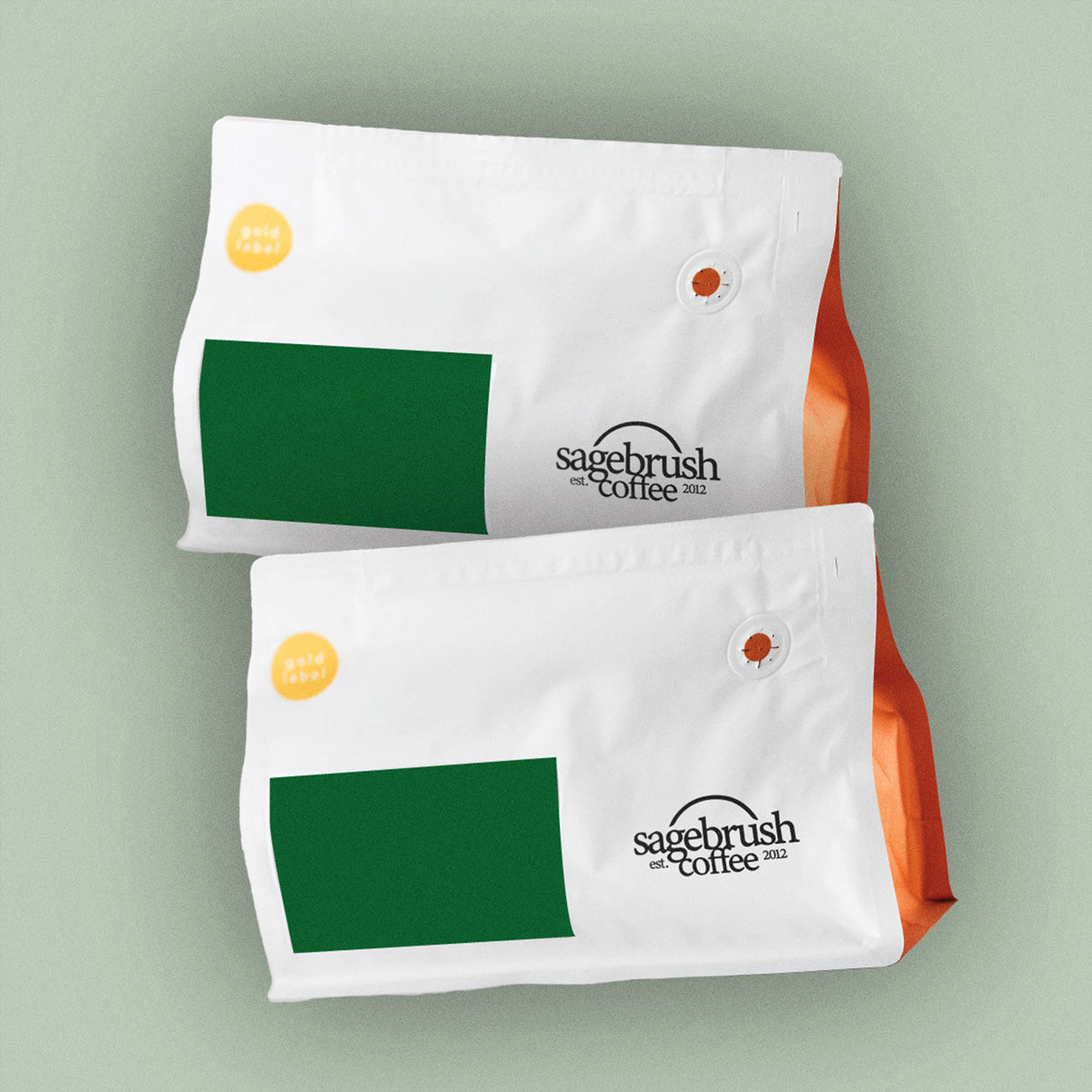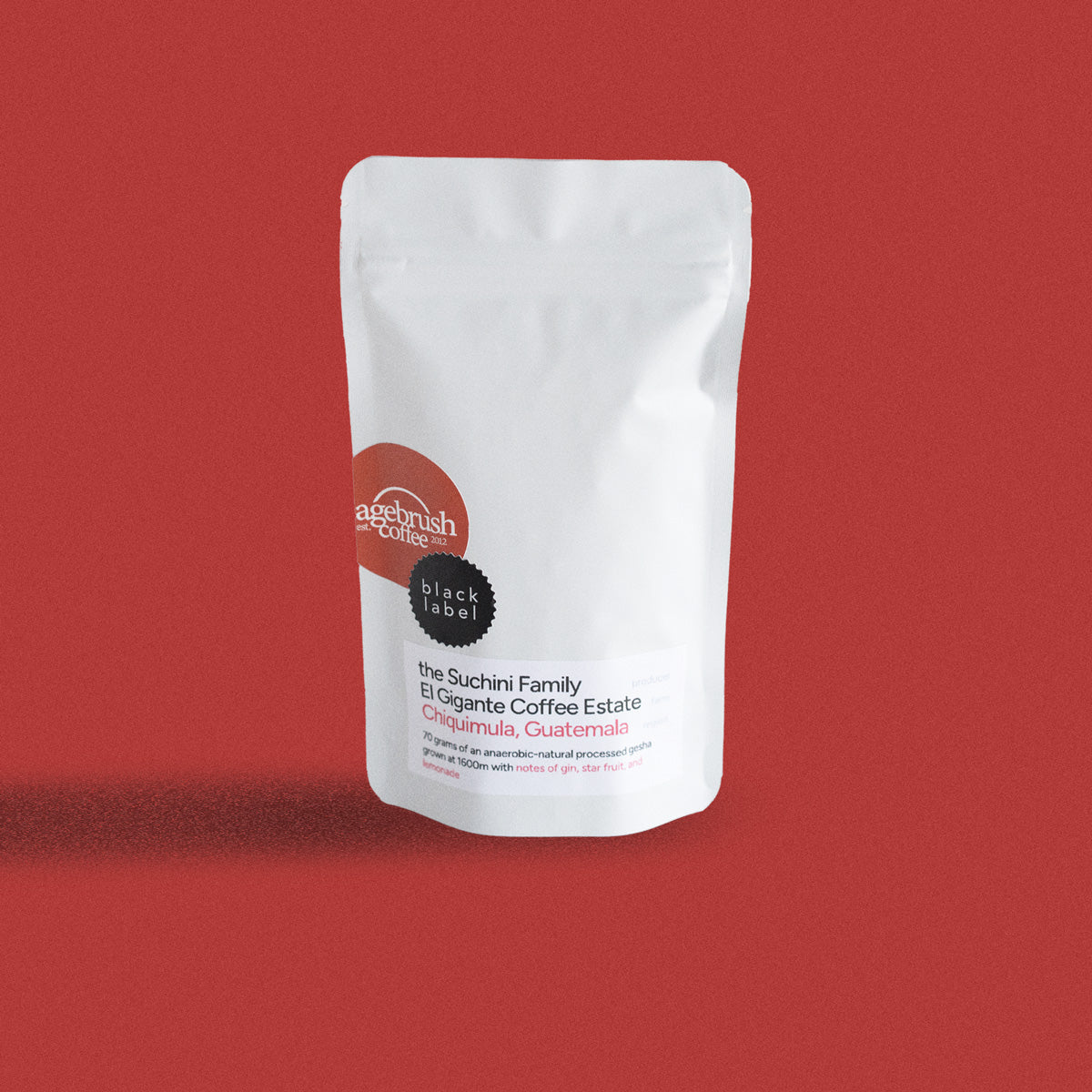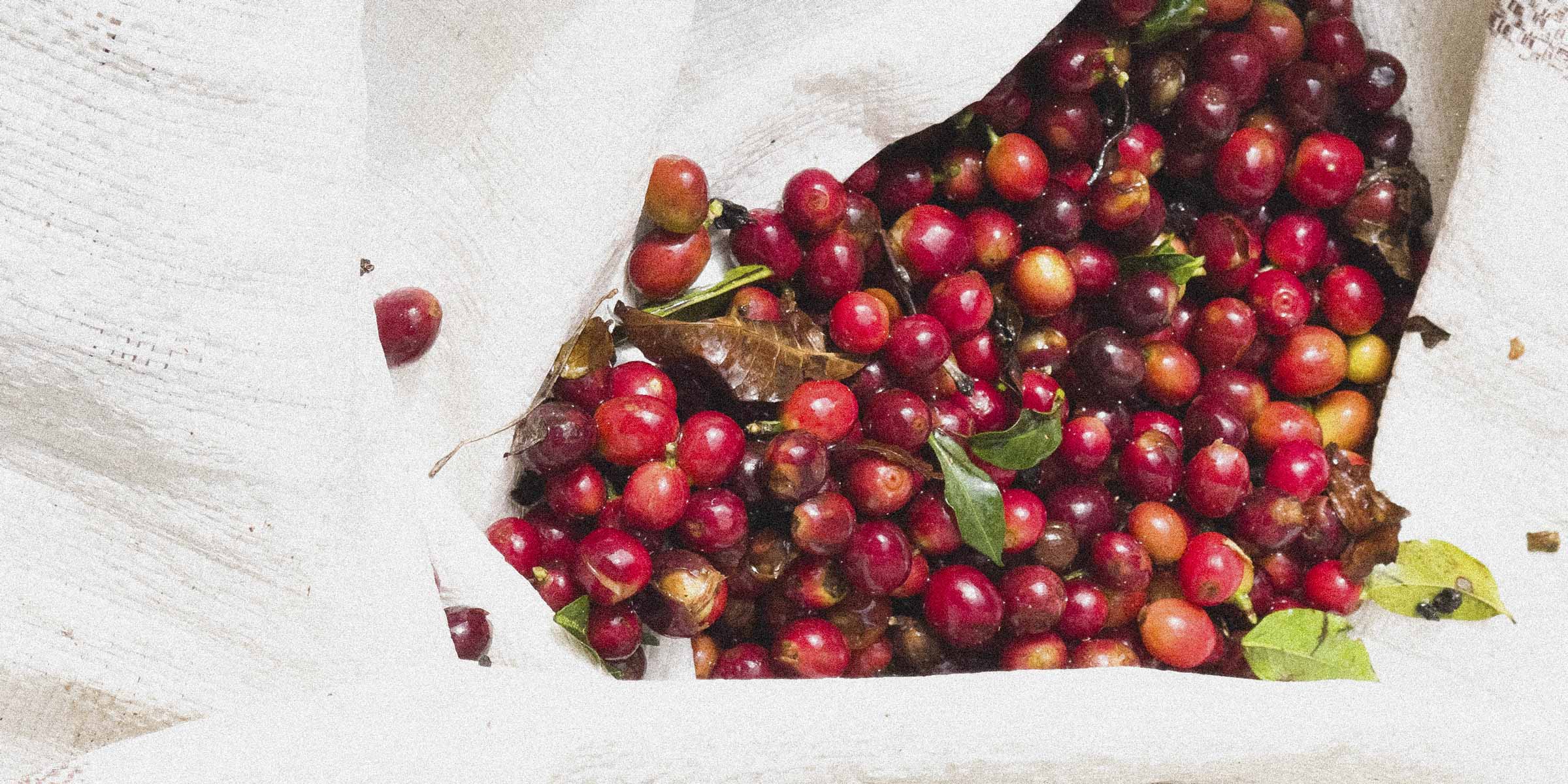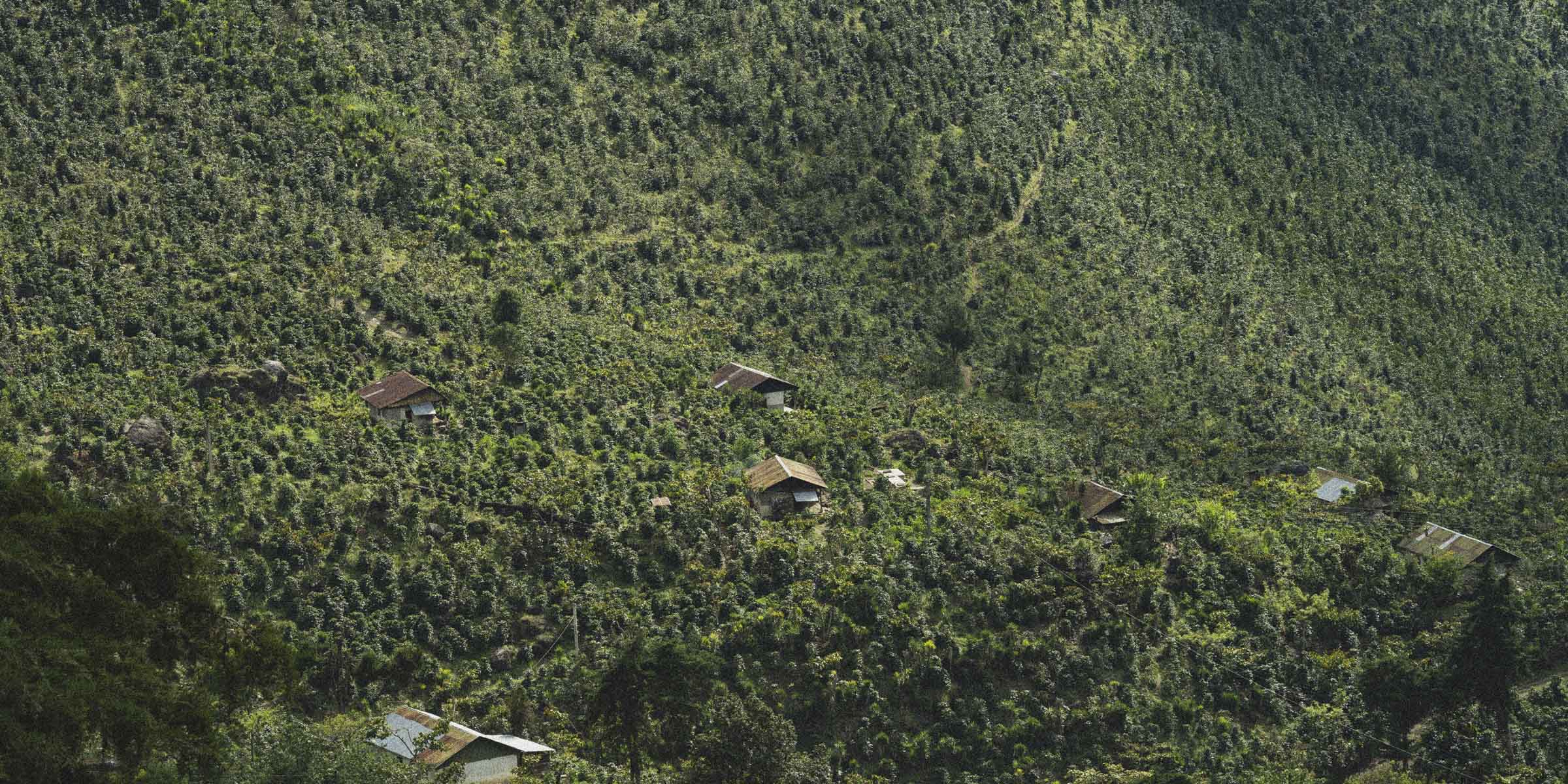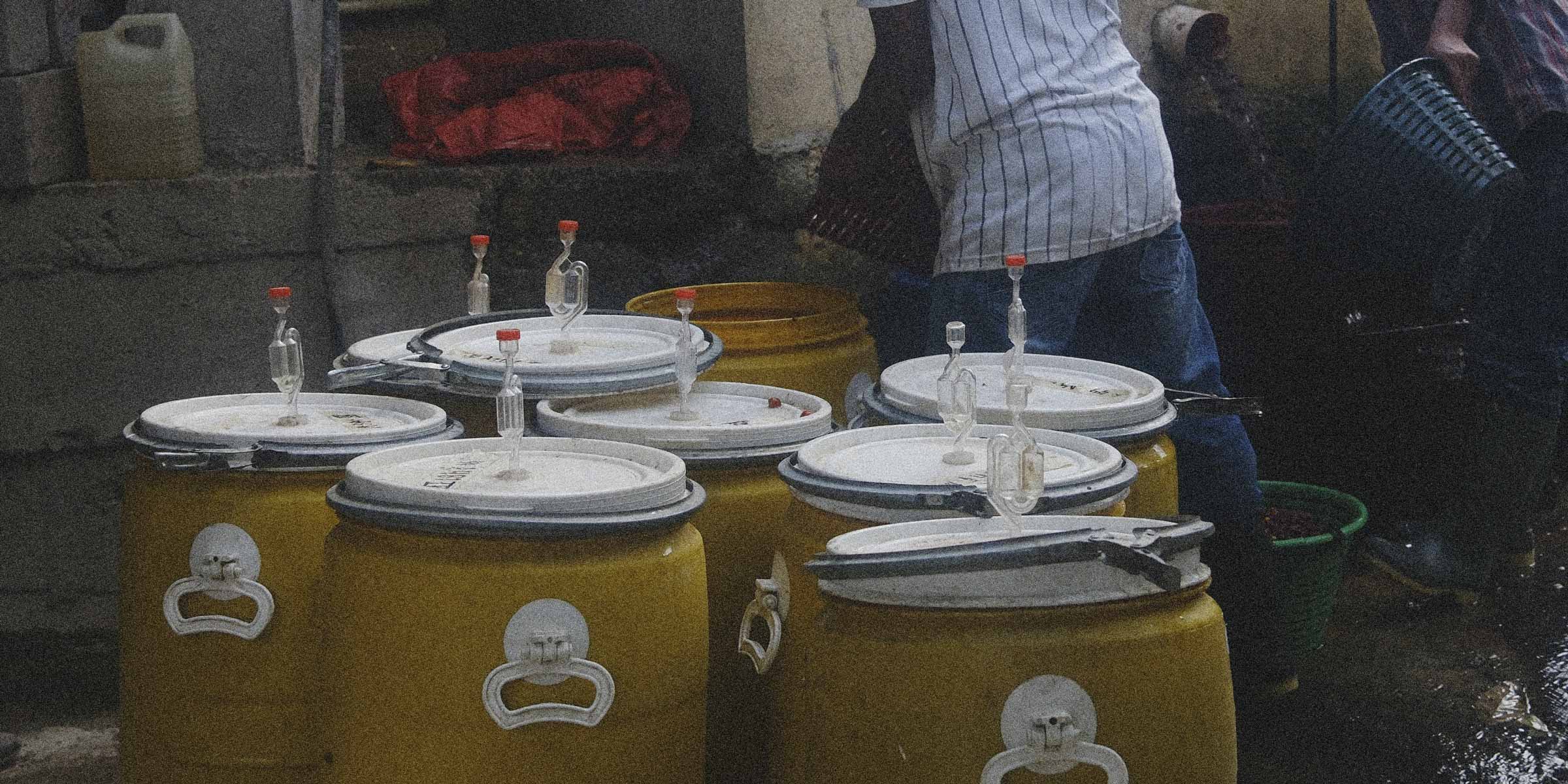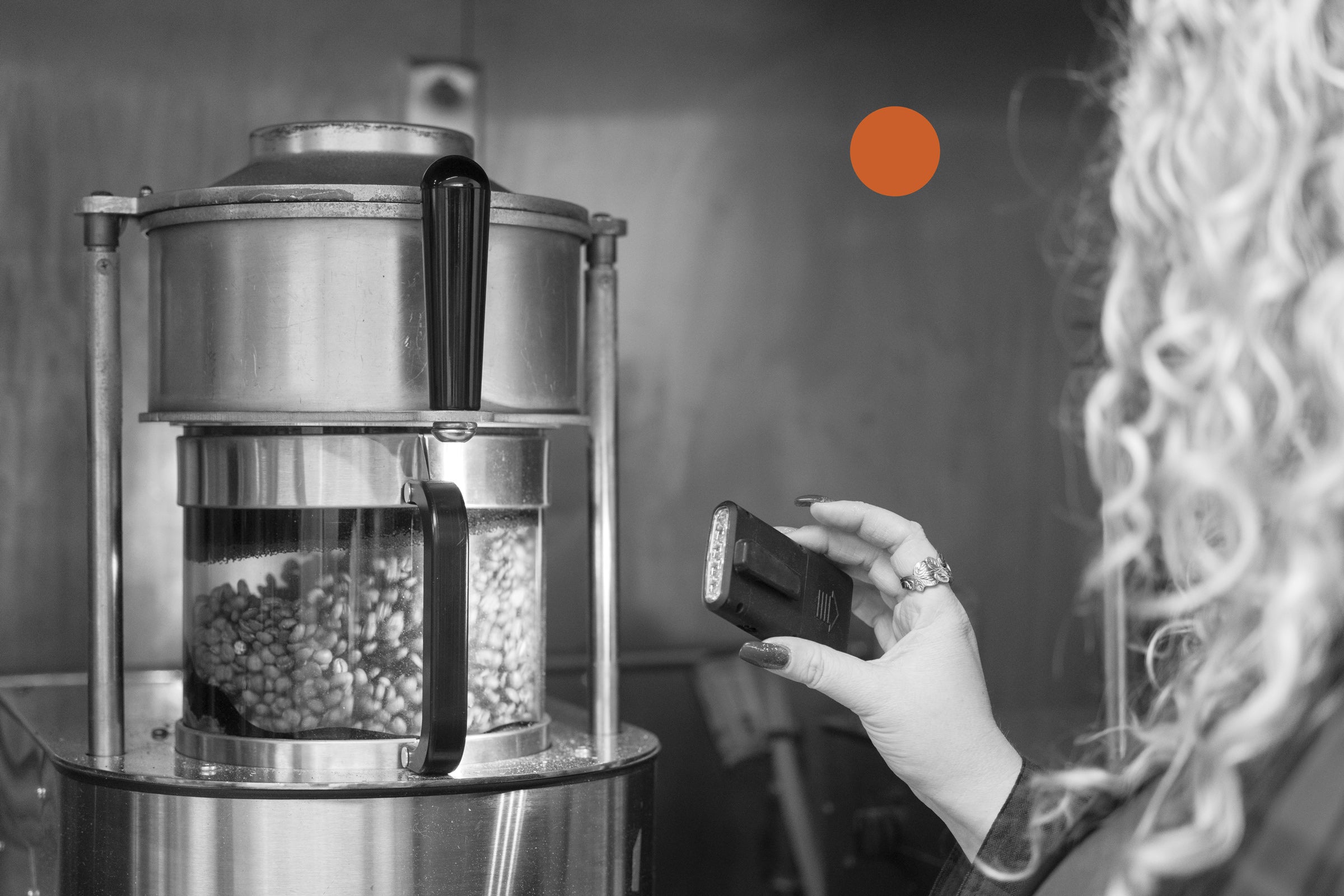
Shortage, it's the latest buzzword. Whether I'm reading the news or walking in the aisles at the grocery store, I see shortages everywhere. When something like the COVID-19 Pandemic, it doesn't just affect the local economy, it affects the entire world. Of course, coffee is no exception. Whether it is farms outside of the U.S. or coffee shops in the U.S everyone is feeling the squeeze of shortages.
How does a shortage of labor affect the coffee industry? Let's start at the beginning with the farm. Coffee farms are set up to house seasonal workers because coffee is a seasonal crop. It is harvested when it's in season. Since workers live on the farm for a specific period of time, they find themselves living in somewhat close quarters with other people. With COVID-19 restrictions going on worldwide, producers couldn't safely house enough workers to harvest the coffee crops that were ready to be picked. And even if they could house workers, some didn't want to take the risk of getting sick and would forgo the opportunity to do so.
In some places, money from the U.S. is sent to families which provides income for them and then keeps laborers from entering the workforce. Before the pandemic, that was the main reason for labor shortages on farms. COVID-19 and open borders compounded the existing problem exponentially. With a labor shortage, it's a race against time. A couple of scenarios are possible. The first is to take advantage of when you have available workers, speed is key but often times it comes at a price. The next is that cherries may be picked indiscriminately. When cherry-picking isn't selective, the result is cherries that haven't reached full maturity will be part of the harvest, reducing its quality. The other scenario is that cherries will sit on the tree so long that they rot.
Either scenario is detrimental to a farmer who has put a lot of resources into fertilizing the soil and keeping plants healthy to reap the benefits of a great coffee harvest. In Colombia, some farms lost 25% of their workforce due to COVID-19. When we were in Guatemala, the farm that saw the least loss was at 20%, and most lost 40% or more. You don't have to be a business owner to know that losing a quarter of any workforce can have a monumental effect on production. As a result, the farmers have a lower yield and the only way to make up for it is to raise the price of their coffee. Once the producers have to raise prices, it's a ripple effect on everyone who buys their coffee. In a scenario where workers are not available, shipping becomes a problem as well, and all the way up and down the supply chain, shortages begin to occur and compound. As a result, coffee buyers will see an increase in the price of coffee and most likely pass some or all of that increase on to the customer. In recent days the need for employers to provide additional benefits has increased to entice workers to come and work. Without some of these new benefits, some people are reluctant to reenter the workforce. Even some of the big chain coffee shops are gradually increasing prices because the overall cost of operation is increasing. When will it all go back to the way it was, or is this a new normal?
At Sagebrush, we don't like to be all about doom and gloom, but I think a serious look into the current economic state is important so we can adjust and continue to thrive. There is a global element to coffee. Understanding the struggles of our international business partners will go a long way when finding solutions. Sagebrush isn't immune to these market fluctuations and shortages. In fact, this week when rebuilding bundles on the site, we sorted our offerings from lowest to highest cost. While doing this, something stood out to me like a sore thumb. The lowest-cost items were the oldest, not necessarily the lowest quality. The coffee I contracted last year was overwhelmingly less expensive and honestly, is almost gone. All things considered, we hope you stick with us through the highs and the lows. As we've said before, when you buy coffee from us, you help a producer build his farm so he can continue to provide and improve his coffee offerings. We plan to continue to be a part of that process for many years to come.




